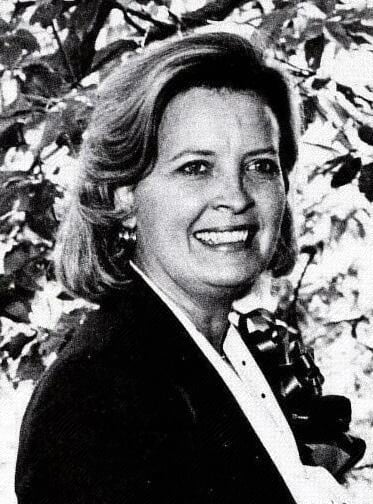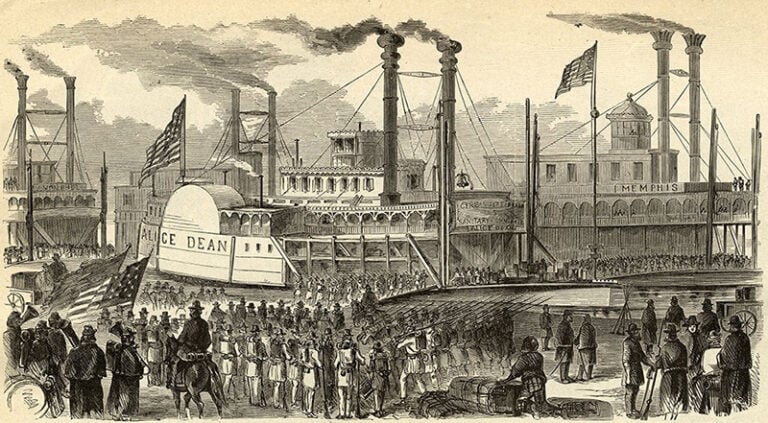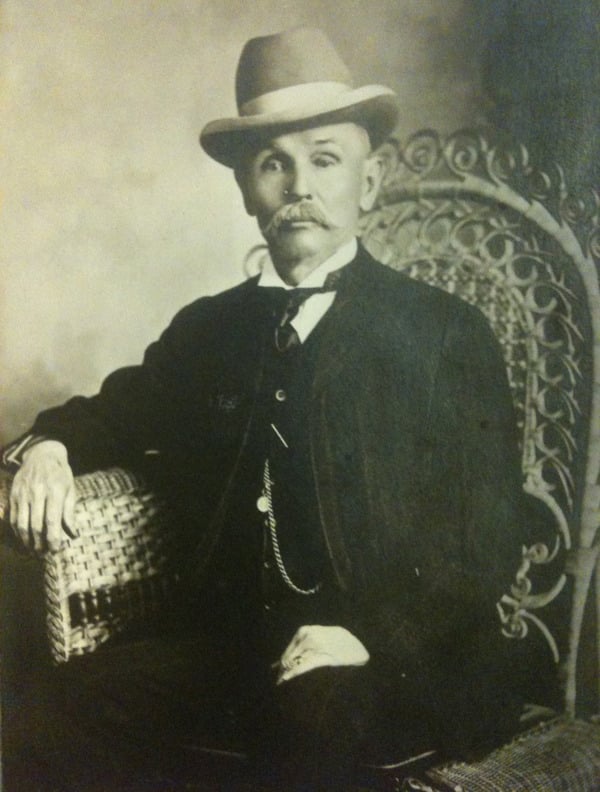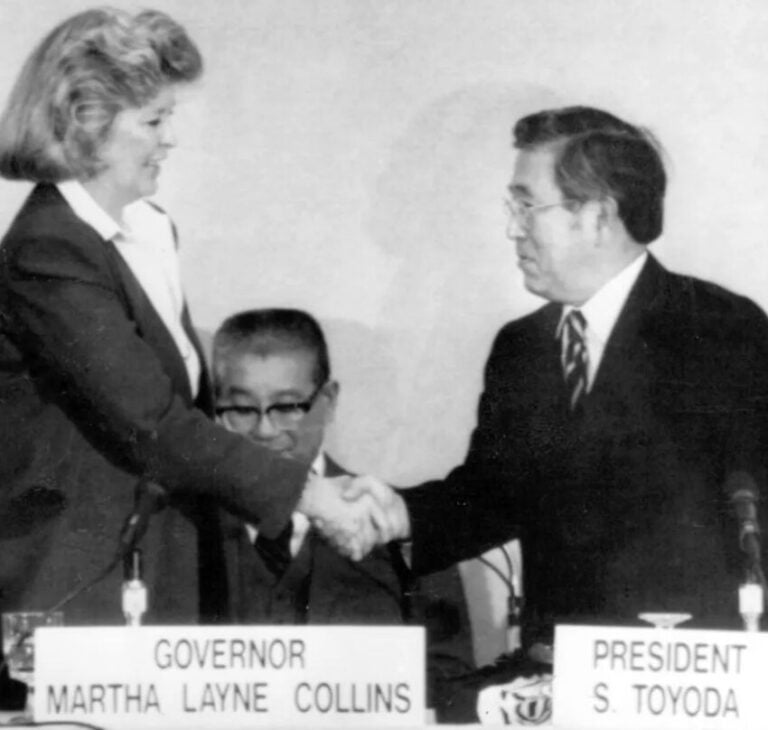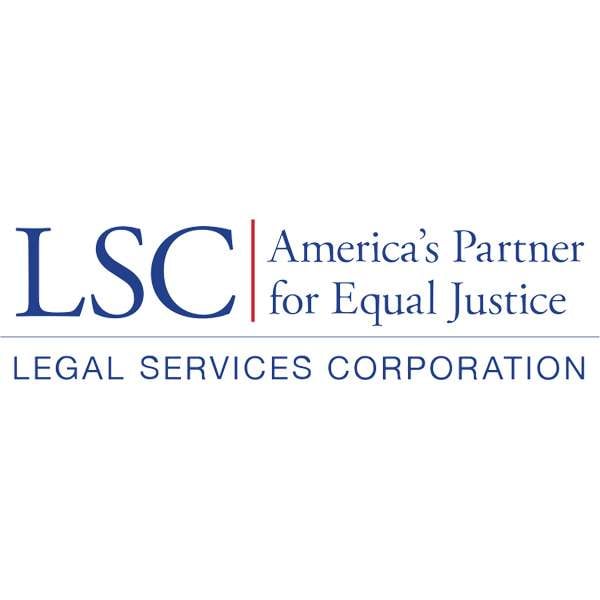By James H. Moore, Robert Johns, Glenda Harrison and Ron Flagg
Special to NKyTribune
Many people are surprised to learn that the right to an attorney is limited to criminal cases. Civil legal aid organizations like Legal Aid of the Bluegrass (LABG) provide free legal assistance to everyday Americans who have civil legal problems and cannot afford an attorney. Civil legal aid helps people access basic necessities such as health care, housing, government benefits, employment, and educational services.
Legal Services Corporation (LSC) is the largest funder of civil legal aid in the U.S. The Trump Administration’s proposed elimination of LSC would have damaging effects on residents across Kentucky. LABG has been providing critical civil legal assistance to the community since 1967, and currently about one-third of its funding comes from LSC.
Civil legal problems can be devastating — domestic violence, eviction, fraud, predatory debt collections, lack of access to medical care, loss of income. The civil legal services provided by LABG are essential for many working families who have legal problems and cannot afford an attorney. Last year, the attorneys at LABG assisted almost 10,000 low-income clients with their legal problems.
LSC distributes federal funding to civil legal aid programs in every U.S. state, territory and the District of Columbia. If Congress does not preserve LSC’s funding in the federal budget, LABG and 129 other similar programs nationwide will lose key resources that enable them to effectively serve our communities. This would mean more people would be forced to go it alone when facing difficult civil legal problems.
LSC’s funding is essential because it provides flexible operating support—the kind of support that allows LABG to respond in real time to what the community is facing. Whether it’s a flood that displaces dozens of families or a sudden spike in veteran benefit denials, LSC funds give grantees the ability to meet local needs.
For example, LABG has been there to help people get a second chance through criminal records expungement. LABG partnered with Lexington in April 2025 at the Clean Slate Expungement Clinic which helped almost 200 people. Expungement can change lives through opportunities for better jobs, housing, and education.
State or local funding will not cover the loss of LSC. Civil legal aid programs like LABG have relied on federal support for half a century. Eliminating LSC would destabilize a strong and vital network of legal aid organizations dedicated to ensuring justice is accessible at all income levels.
For fiscal year 2025, LSC received a congressional appropriation of $560 million. This accounts for 0.035% of the discretionary budget. This relatively small expenditure makes a huge impact on the well-being of working Americans. This is not frivolous government waste — this is an investment in justice for all, and these are our federal tax dollars coming back to serve our community.
Legal aid also supports a healthy economy. According to LSC’s research, legal aid returns $7 for every $1 invested, on average. By solving or preventing legal problems, programs like LABG help to reduce strain on law enforcement and the courts and prevent costly public spending on emergency medical care and shelters. Funding LSC is not just an investment in justice—it’s an investment in our economy.
Without LSC funding, LABG will lose staff and will be forced to shrink its caseload. LABG may not be able to help people like Bill, a veteran who faced challenges after returning home from service. He suffered from substance use disorder and got into trouble with the law. He was trying to move forward with his life, and he attended an expungement clinic. LABG determined that Bill was eligible for expungement and went to court with him to get his charges expunged. He was able to gain full-time employment and a renewed sense of self-worth.
If Congress does not reject the White House’s proposed elimination of LSC, fewer seniors targeted by scams will be able to turn to LABG for help. Fewer veterans will receive LABG’s assistance in attaining their earned benefits. Fewer families will have LABG’s support when they are facing the loss of their homes due to eviction, foreclosure or natural disasters.
The bottom line is this: residents of Kentucky can’t afford to lose LSC. This vital work must continue because justice shouldn’t depend on someone’s income.
James H. Moore, III is Legal Aid of the Bluegrass board president; Robert Johns is Legal Aid of the Bluegrass executive director; Glenda Harrison is executive director of the Kentucky Access to Justice Commission; and Ron Flagg, LSC Legal Services Corporation president












